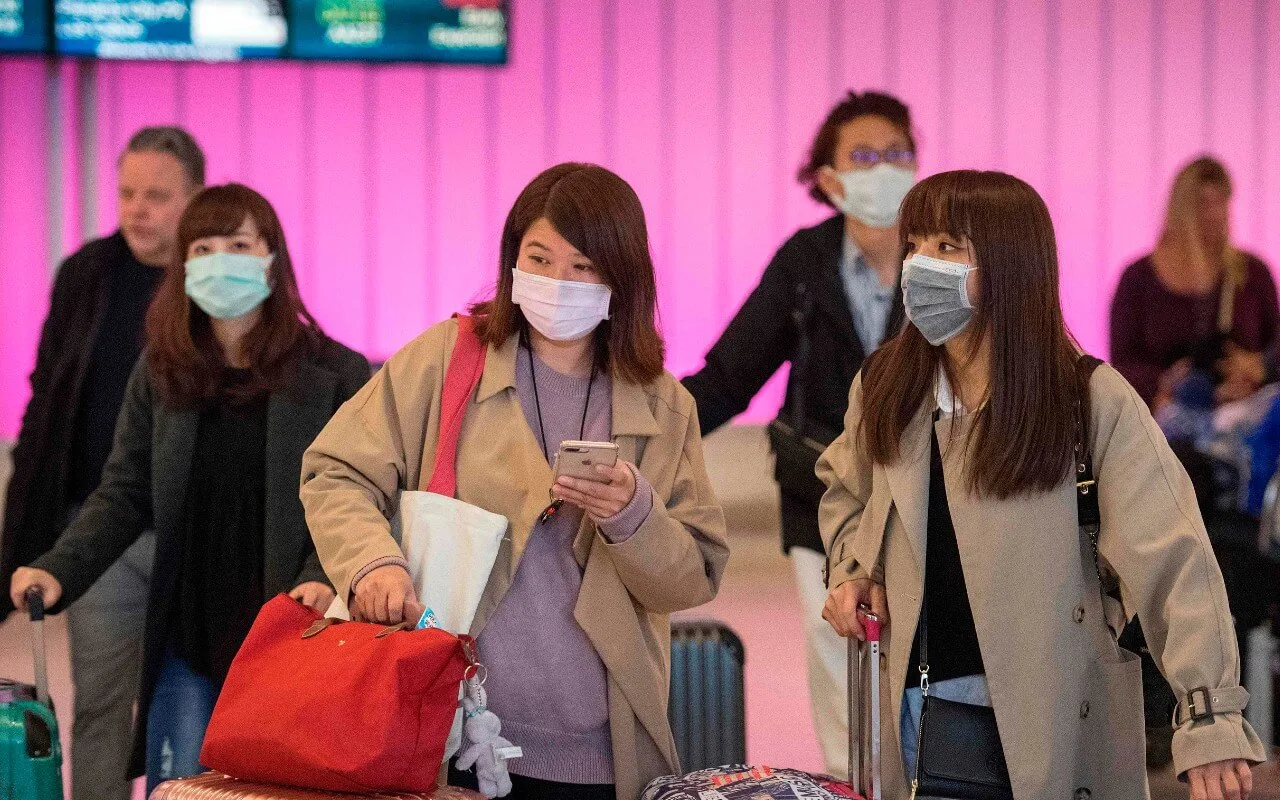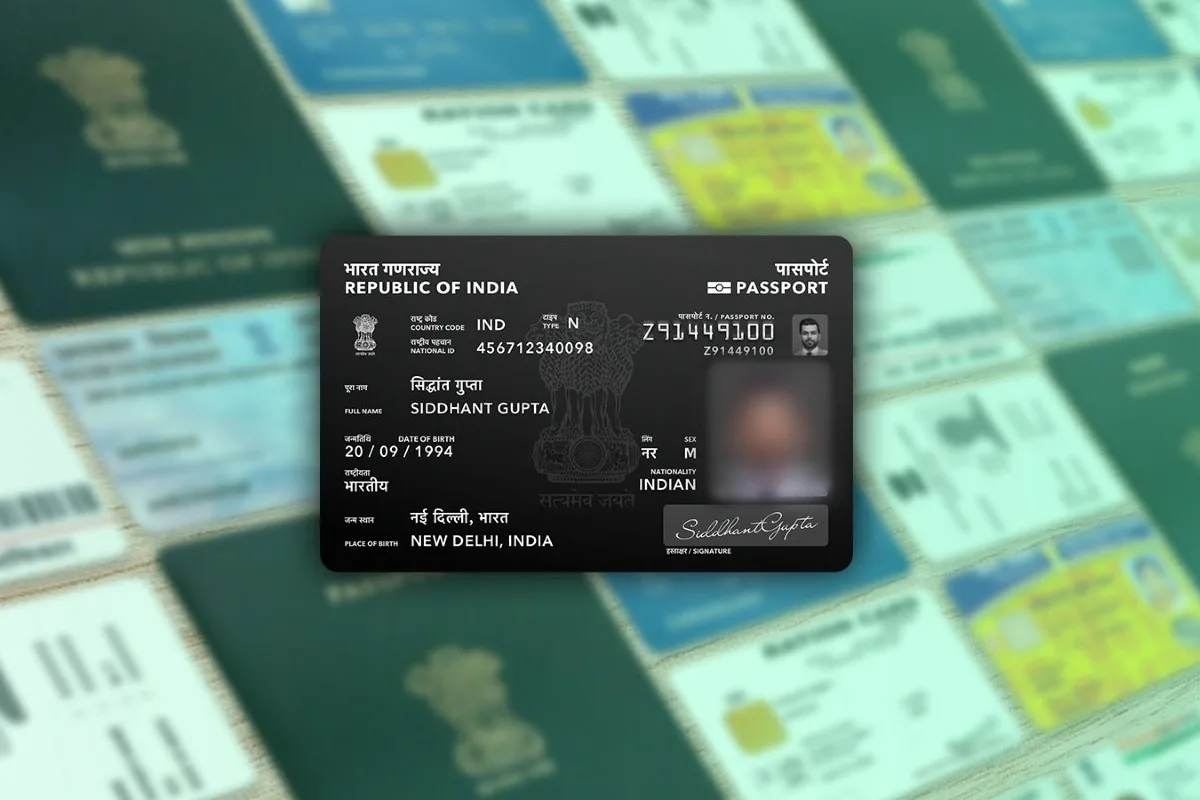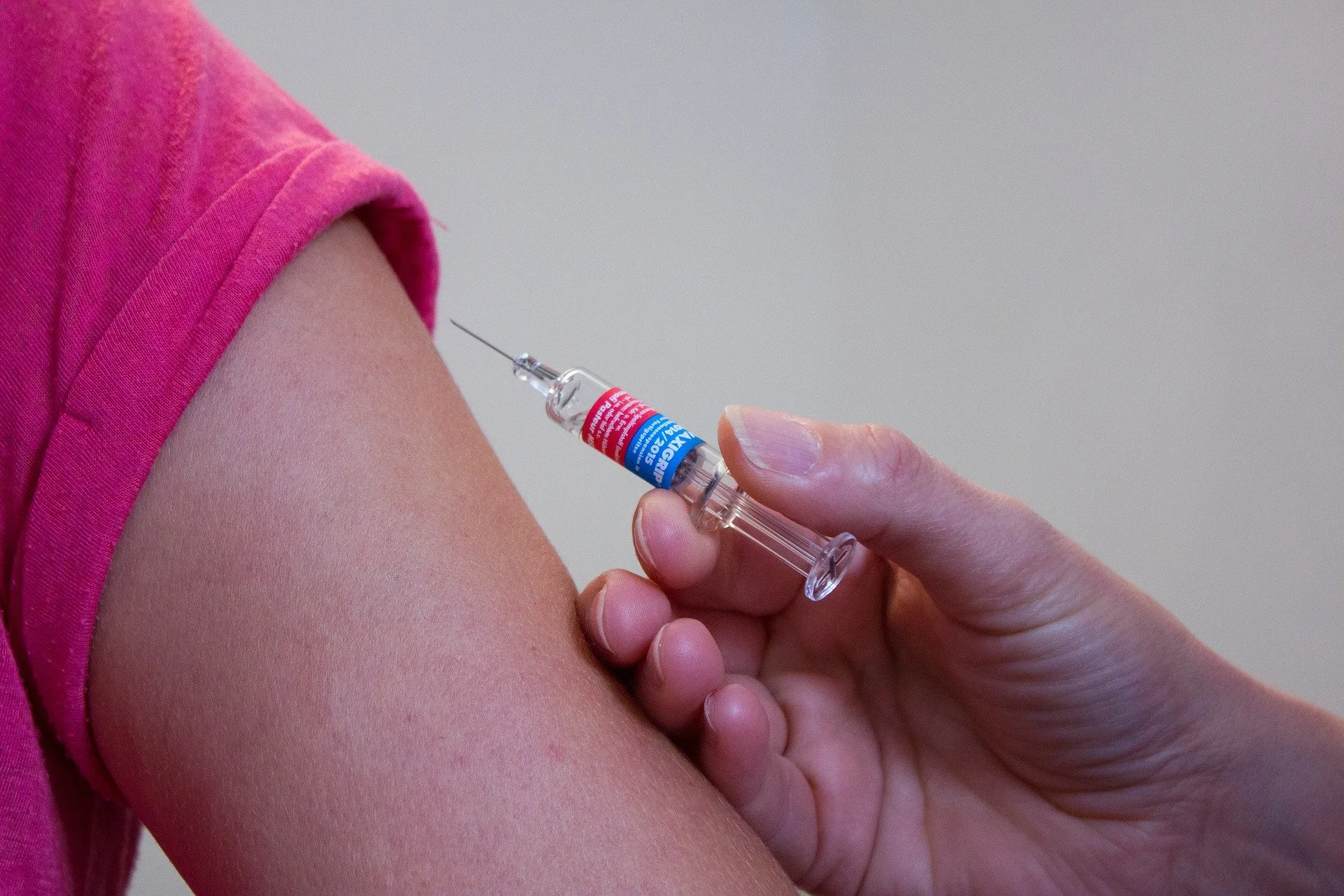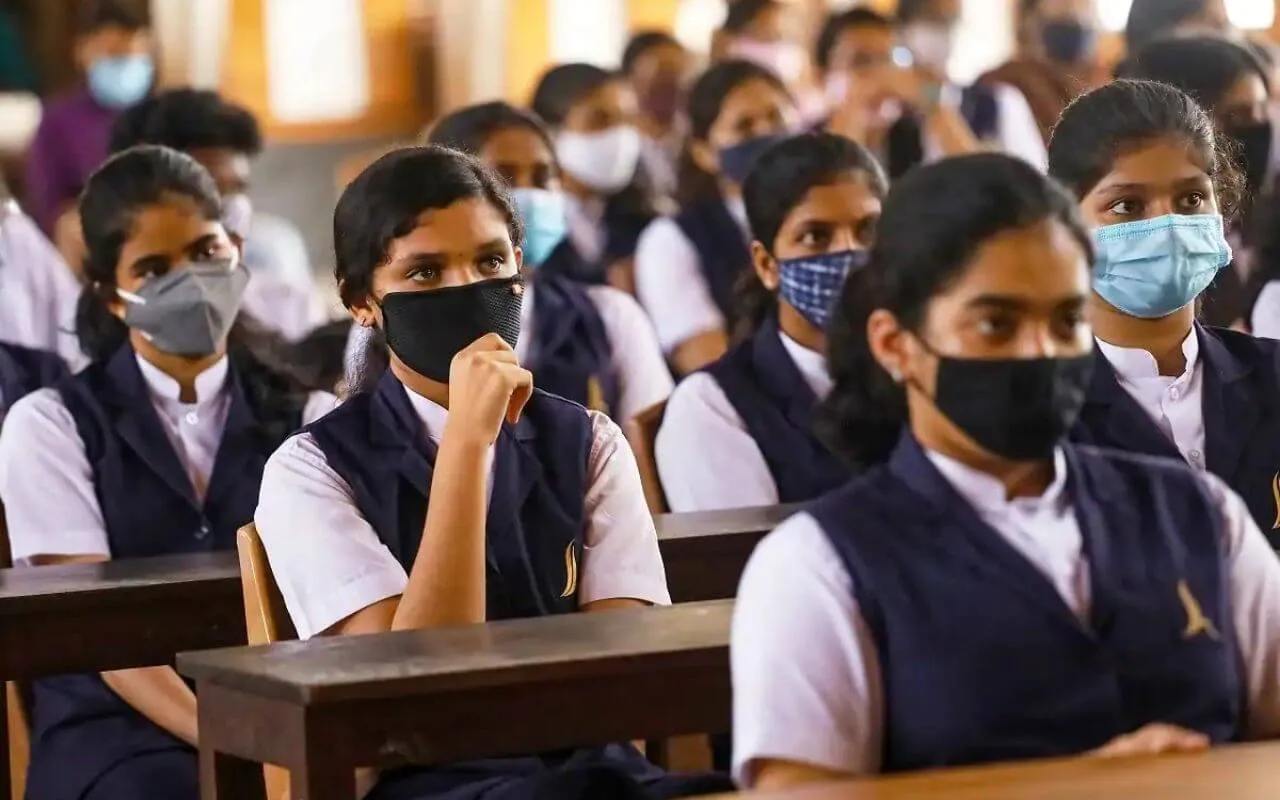According to a new study conducted by a group of Japanese researchers, it is learnt that the coronavirus remains active on the human skin for nearly nine hours. Meanwhile, the pathogen that causes the common flu survives for a mere 1.8 hours on the human skin.
This new study was published earlier this month in the Clinical Infectious Diseases journal, and adds itself to the several other studies being conducted across the world on the coronavirus infection.
The virus strain, SARS-CoV-2 Survival of Nine Hours on the human skin may potentially increase the risk of contact transmission, thus accelerating the speed at which the pandemic is spreading.
The research was done by team after it tested skin that was collected from autopsy specimens a day after the death, from people who have succumbed to covid-19.
What Must you do?
The whole safety mantra that we have been hearing since day one of the coronavirus pandemic – regular hand washing – is the best and safest approach to keep one safe from contracting the viral infection.
Researchers say that if one follows the regular steps of hand hygiene, it is the best approach to keep one safe from contracting the virus through such means.
“The longer survival of SARS-CoV-2 on the skin increases contact transmission risk; however, hand hygiene can reduce this risk,” the researchers study said.
This is backed by the World Health Organisations (WHO) guidance of regular hand washing to limit the spread of the coronavirus infection.
Both, the flu and the Covid-19 causing virus are inactivated within 15 seconds of applying ethanol, which is widely used in our hand sanitisers.
Besides this, regular wearing of face masks can also contain the spread of the virus, while sanitisation of all surfaces that are frequently touched by many must also be practiced.
Virus particles, according to many, often land onto the skin surface through various means, either through droplets, or contact of one person to surfaces already infected with the viral infection.
For medical health workers, doffing of the medical personal protective equipment (PPE) after duty poses a large risk for the virus to sit onto the human skin surfaces, which in turn can be transmitted to others.
With several new aspects of the coronavirus coming to light over the course of the weeks, it only makes the medical fraternity understand the situation of the virus better, thereby being able to develop and guide policy makers towards better informed decisions for the community.














